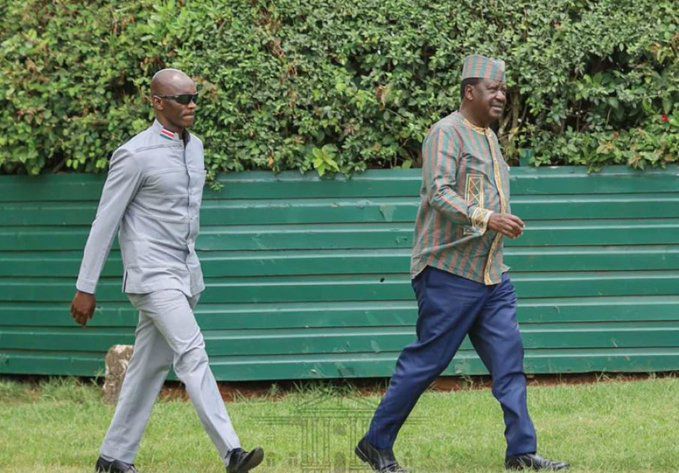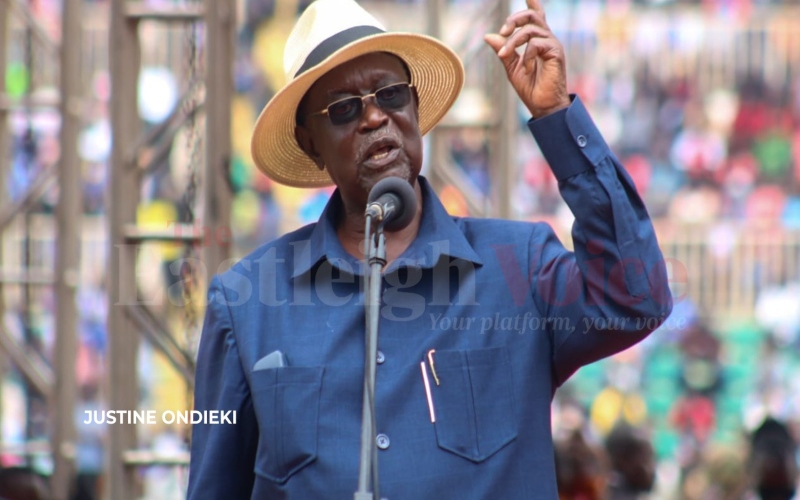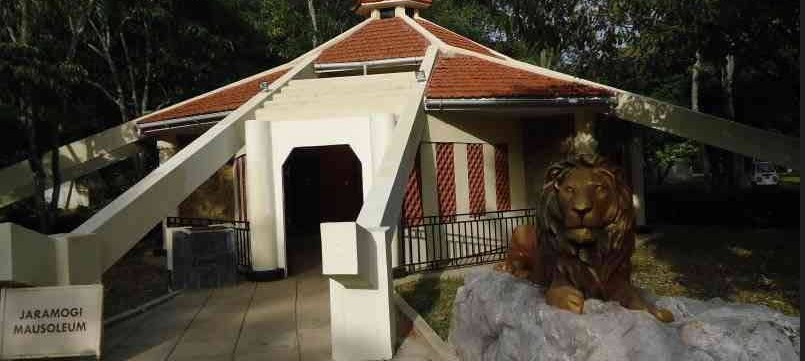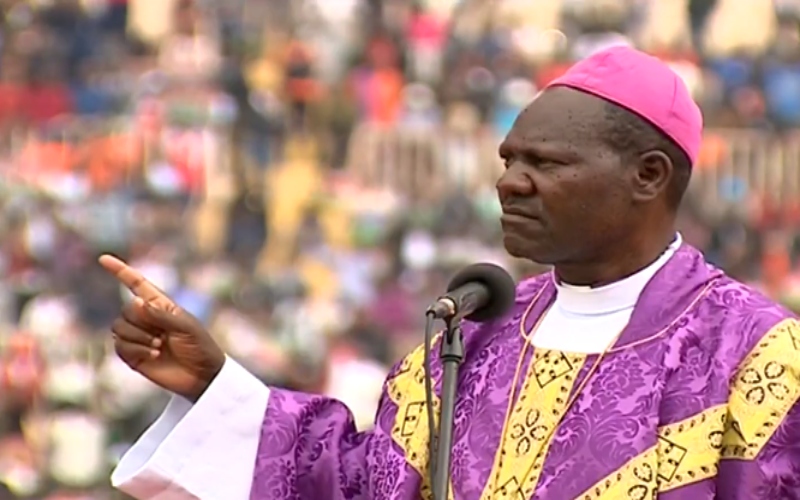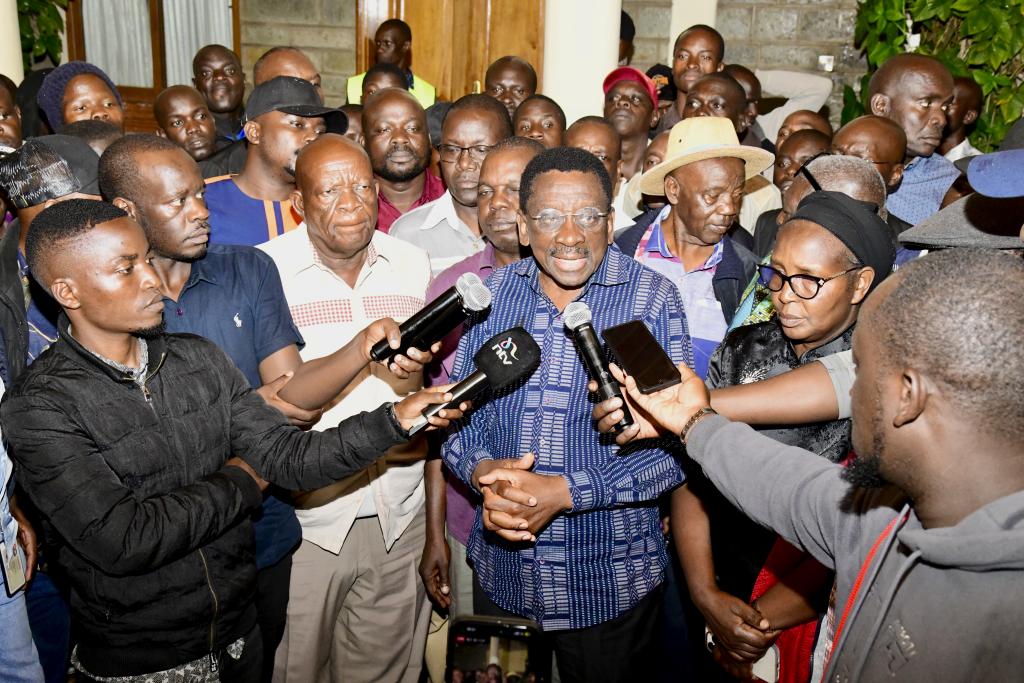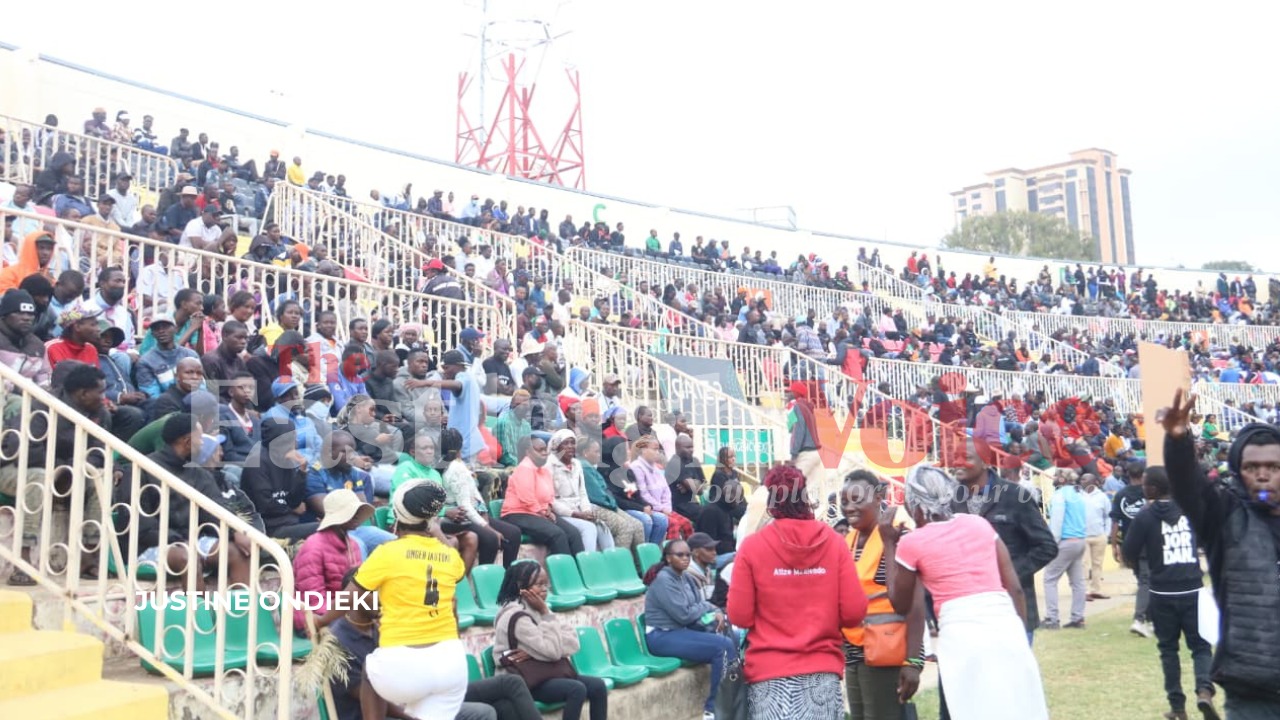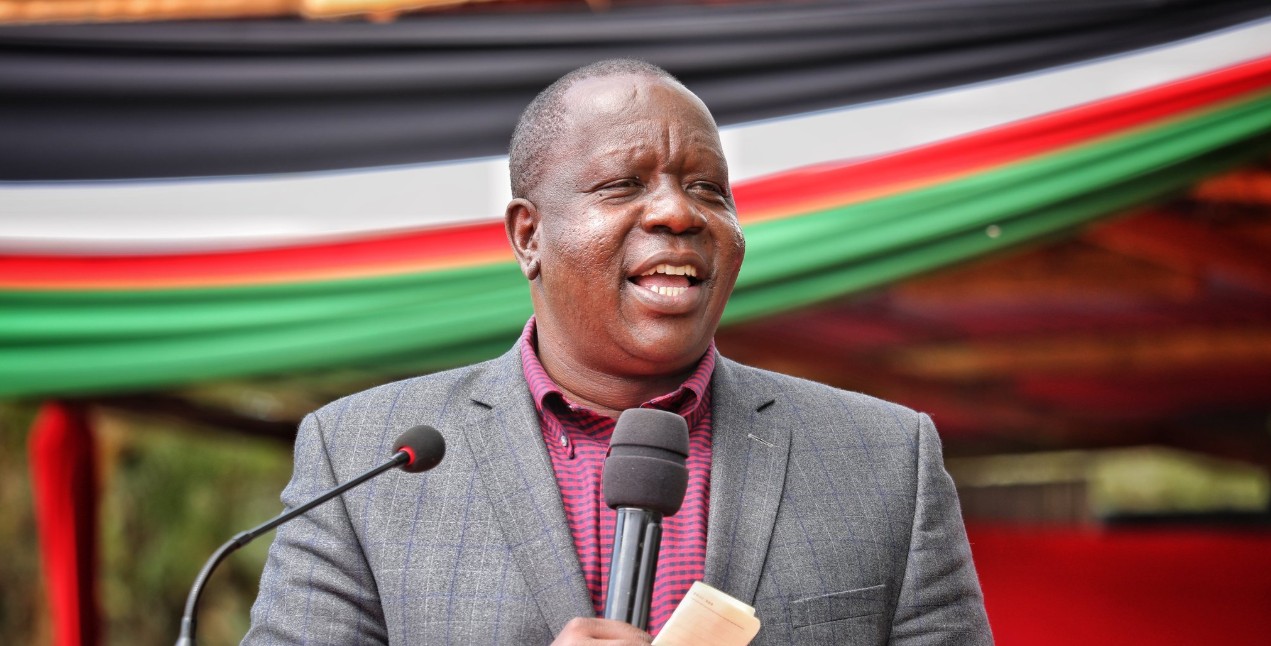Govt sets aside Sh2.7 billion annual budget for village elders' salaries
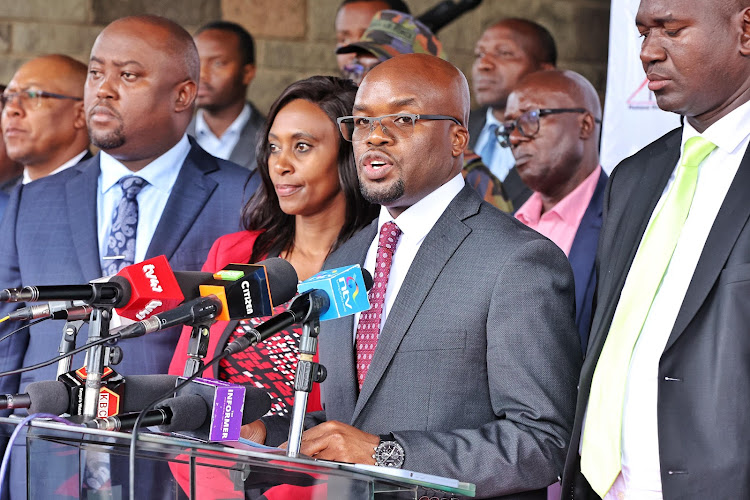
Expressing confidence in having the elders on the government payroll, PS Omollo said the resources required are manageable.
The government plans to allocate Sh2.7 billion annually to sustain village elders on its payroll.
Interior Principal Secretary Raymond Omollo disclosed that the allocation equates to Sh226 million per month, with each village elder expected to receive a monthly stipend of Sh5,000.
"Using a rough estimate of five village elders in a sublocation who will be paid Sh5,000 monthly, it will translate to Sh226,675,000. We are looking at an outlook, which give or take will be Sh200 million," he said on Thursday.
More To Read
- Public views to shape new security policies as nationwide Jukwaa la Usalama forums end
- How Kenya is leading Africa’s fight against cross-border crime
- Murkomen: Chiefs to receive pay rise, firearms training in fresh welfare reforms
- Substance abuse in Coast region exceed national average - CS Murkomen
- Interior PS Raymond Omollo summoned over Sh6.5 billion IDP compensation delay
- Kenya moves to block weapons threat with new strategic goods control Bill
The PS spoke while appearing before the National Assembly's Committee on Administration and Internal Security.
However, the disbursement of these funds hinges on the passage of the National Government Coordination (Amendment) Bill, 2024, which is currently under review by the parliamentary committee.
Expressing confidence in having the elders on the government payroll, PS Omollo said the resources required are manageable.
"When we look into the resources required to coordinate all this, we shouldn't have a big problem convincing the National Treasury to give us the resources," he told the Narok West MP Gabriel Tongoyo-led committee that was deliberating on the Bill.
The National Government Coordination Amendment Bill, 2023, sought to have the village council comprised of elders and headed by a village administrator as part of the national government service delivery unit.
This goes along with recognising the role the elders play in coordinating national government functions at the grassroots.
According to the Bill, village administrators were to be designated as chairpersons of the village council, which would have not less than three and not more than five village elders.
This is the first time the state has made substantial progress in rewarding the elders, who handle, among others, boundary issues as well as peaceful co-existence in communities.
In the proposal, at least five village elders per sublocation will be entitled to a monthly stipend from the taxpayers.
Members of the committee also rooted for the Bill committing to back it on the floor of the House. Homabay Town MP Peter Kaluma stated that the biggest challenge in formalising village elders has been the issue of finances.
"It's something that we have failed several times to unlock. Now that it's coming from the relevant department, a burden has been taken from us," he said.
The national government has a sufficient reporting structure in place, according to Mt. Elgon MP Fred Kapondi, who is opposing the bill.
"In spite of the fact that it's popular in the public eye in terms of implementation, it will open a serious Pandora's box. For me, leaving it as it is at the informal level makes a lot of sense since we have a reporting mechanism," Kapondi argued.
The committee's chairperson, Narok West MP Gabriel Tongoyo, however, contradicted Kapondi, saying that the role of the village elders is vital to Kenyans.
"This is doable, considering the much help that these village elders give this country. It's a figure we should be comfortable with," he explained.
The MPs also pushed for the harmonisation of villages to avert disagreements, especially in insecurity-prone areas and border regions.
Top Stories Today
